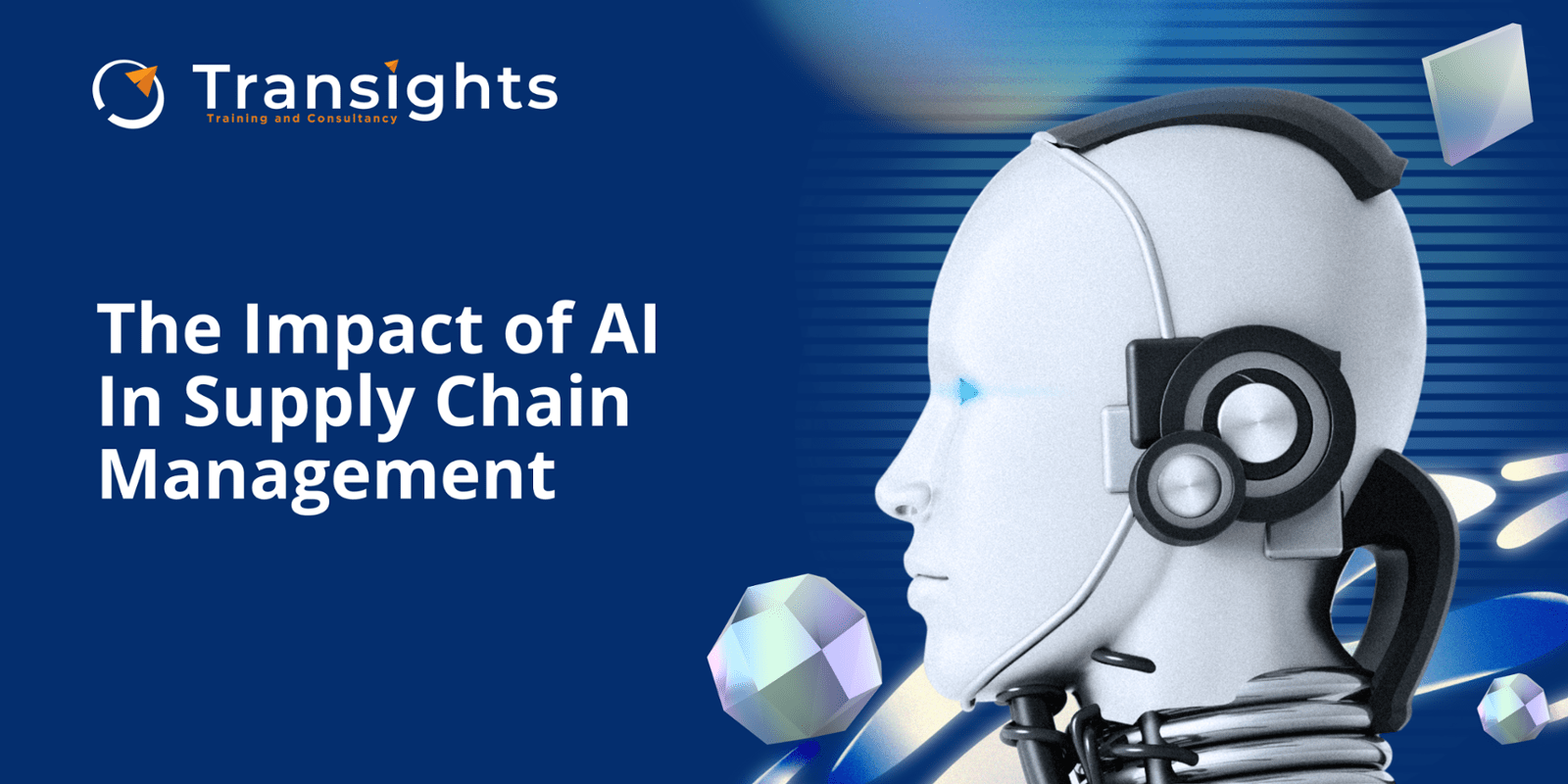
In the rapidly evolving landscape of global commerce, businesses are constantly seeking innovative solutions to enhance efficiency and gain a competitive edge. Enter Artificial Intelligence (AI), a game-changer in the realm of supply chain management. This blog article explores the transformative impact of AI on supply chain processes, from predictive analytics to intelligent automation, revolutionizing the way organizations plan, execute, and optimize their operations.
Predictive Analytics: Anticipating Demand with Precision
Predictive Analytics: Anticipating Demand with Precision
AI-powered predictive analytics is reshaping how organizations forecast demand. By analyzing vast datasets and considering historical trends, market conditions, and external factors, AI algorithms can provide more accurate demand forecasts. This enables businesses to optimize inventory levels, minimize stock outs, and reduce excess inventory, ultimately improving overall supply chain efficiency.
Optimized Routing and Logistics: Smart Navigation for Smart Deliveries
Optimized Routing and Logistics: Smart Navigation for Smart Deliveries
AI algorithms are proving invaluable in optimizing logistics and transportation routes. Advanced route planning algorithms use real-time data, considering factors like traffic conditions, weather, and delivery constraints, to optimize delivery schedules. This not only reduces transportation costs but also minimizes delivery times, enhancing customer satisfaction and loyalty.
Intelligent Automation: Enhancing Operational Agility
Intelligent Automation: Enhancing Operational Agility
The integration of AI-driven automation in supply chain processes is streamlining operations and improving agility. Intelligent automation handles routine and time-consuming tasks, such as order processing, invoicing, and data entry. This allows human resources to focus on strategic decision-making, problem-solving, and other high-value tasks, boosting overall operational efficiency.
Inventory Management and Demand Sensing: Precision in Stocking
Inventory Management and Demand Sensing: Precision in Stocking
AI plays a pivotal role in fine-tuning inventory management. By continuously monitoring and analyzing data, AI algorithms can sense changes in demand patterns and adjust inventory levels accordingly. This prevents overstock situations, reduces holding costs, and ensures that products are available when and where they are needed.
Supply Chain Visibility: Real-Time Insights for Informed Decisions
Supply Chain Visibility: Real-Time Insights for Informed Decisions
AI enhances supply chain visibility by providing real-time insights into every aspect of the process. From monitoring the movement of goods to tracking inventory levels, AI-driven analytics offer a comprehensive view of the supply chain. This heightened visibility allows organizations to identify bottlenecks, mitigate risks, and make data-driven decisions to optimize the entire supply chain.
Enhanced Supplier Relationship Management: Smart Negotiations and Risk Mitigation
Enhanced Supplier Relationship Management: Smart Negotiations and Risk Mitigation
AI facilitates intelligent supplier relationship management by analyzing historical data, market trends, and supplier performance metrics. This empowers organizations to make informed decisions during negotiations, identify alternative sourcing options, and proactively address potential risks in the supply chain. Smart supplier relationship management contributes to cost reduction and ensures a more resilient supply chain.
Sustainability and Ethical Sourcing: AI for Responsible Practices
Sustainability and Ethical Sourcing: AI for Responsible Practices
AI is aiding organizations in aligning their supply chain practices with sustainability and ethical sourcing goals. By analyzing and monitoring the environmental and ethical impact of suppliers, AI helps companies make responsible choices. This not only satisfies consumer demands for socially responsible practices but also contributes to the long-term viability of the supply chain.
Conclusion:
The integration of AI into supply chain management is not merely a technological advancement; it's a paradigm shift in how businesses approach and optimize their operations. From predicting demand with unprecedented accuracy to automating routine tasks and ensuring ethical sourcing, AI is reshaping the supply chain landscape. As businesses continue to navigate an increasingly complex global market, those leveraging the power of AI in supply chain management are poised to not only survive but thrive in this new era of efficiency and innovation. The future of supply chain management is here, and it's driven by the intelligence of artificial intelligence.

